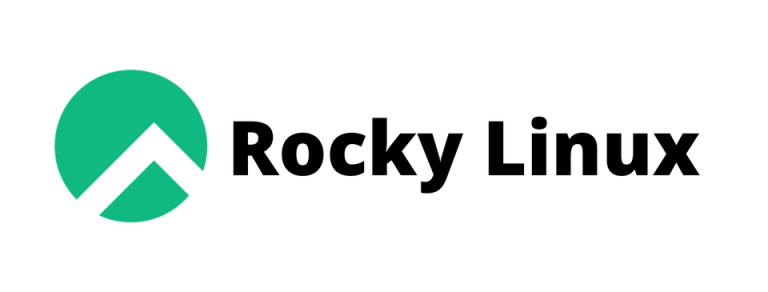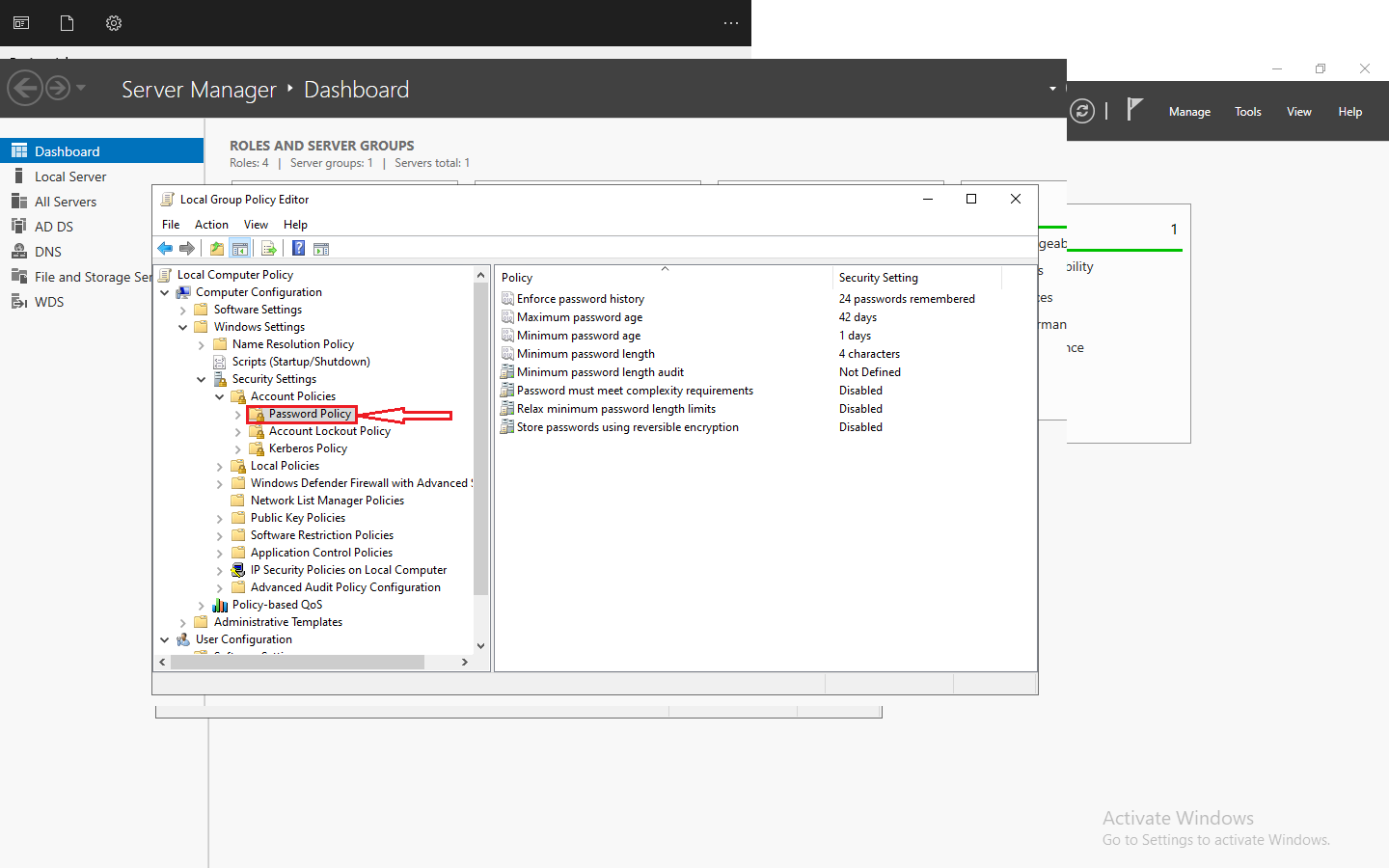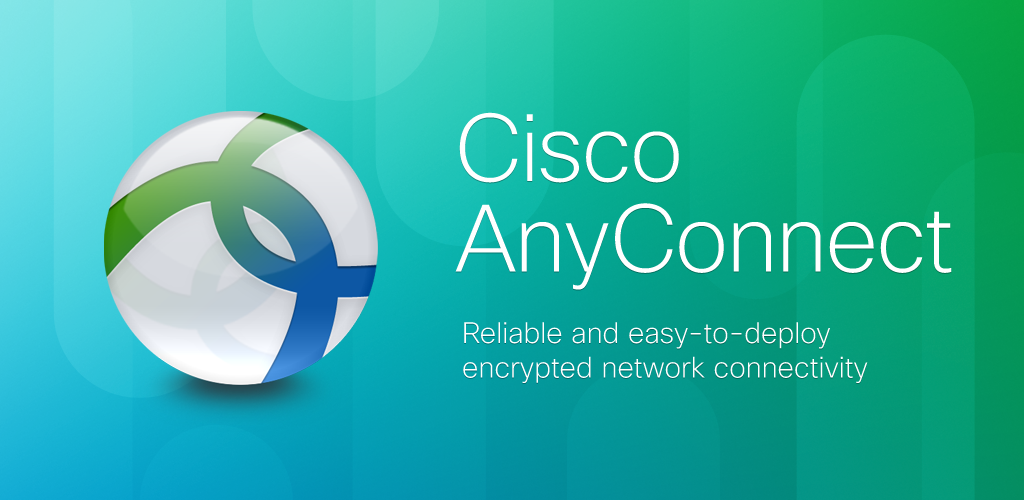Introduction
Rocky Linux is an open-source, community-driven Linux distribution. The community created Rocky Linux in response to the shift in the development strategy of CentOS Linux. The original CentOS project, which aimed to provide a free, enterprise-class, community-supported computing platform compatible with Red Hat Enterprise Linux (RHEL), announced changes in its development model. This led to the emergence of alternatives like Rocky Linux.
Key features and aspects of Rocky Linux include:
- Community-Driven Development: A community of volunteers and contributors develops and maintains Rocky Linux. This community-driven model encourages transparency, collaboration, and active participation from users.
- Binary Compatibility with RHEL: Rocky Linux aims to maintain binary compatibility with RHEL, allowing users to migrate from RHEL to Rocky Linux with minimal effort. Rocky Linux seamlessly uses software and configurations designed for RHEL due to this compatibility.
- Stability and Security: Similar to RHEL, Rocky Linux emphasizes stability and security. Regular updates and patches are provided to address vulnerabilities and ensure a secure operating environment. This makes it suitable for both individual users and enterprises.
- Predictable Release Cycle: Rocky Linux follows a predictable release cycle, providing users with a clear schedule for updates and new releases. This predictability is valuable for organizations that require a stable and consistent platform for their systems.
- Enterprise-Grade Support: While Rocky Linux is available for free, there are also enterprise support options for users who require professional assistance and support in deploying and maintaining the distribution in production environments.
Why Choose Rocky Linux Over Others:
- CentOS Replacement:Rocky Linux gained prominence as a direct replacement for CentOS Linux, which underwent a shift in its development model. Users who were accustomed to CentOS found a natural transition path with Rocky Linux, maintaining compatibility with existing systems.
- Cost-Effective Alternative:As an open-source distribution, Rocky Linux eliminates the licensing costs associated with proprietary solutions. This cost-effective nature makes it an attractive choice for businesses seeking high-performance without breaking the bank.
- Community-First Philosophy:The active and engaged community surrounding Rocky Linux fosters an environment of collaboration and shared knowledge. This philosophy not only accelerates development but also provides users with a wealth of resources for troubleshooting and optimization.
Rocky Linux gained popularity as a CentOS replacement, offering users an alternative that aligns with the principles of free and open-source software. It provides a viable option for those seeking a stable, community-driven, and RHEL-compatible Linux distribution.












